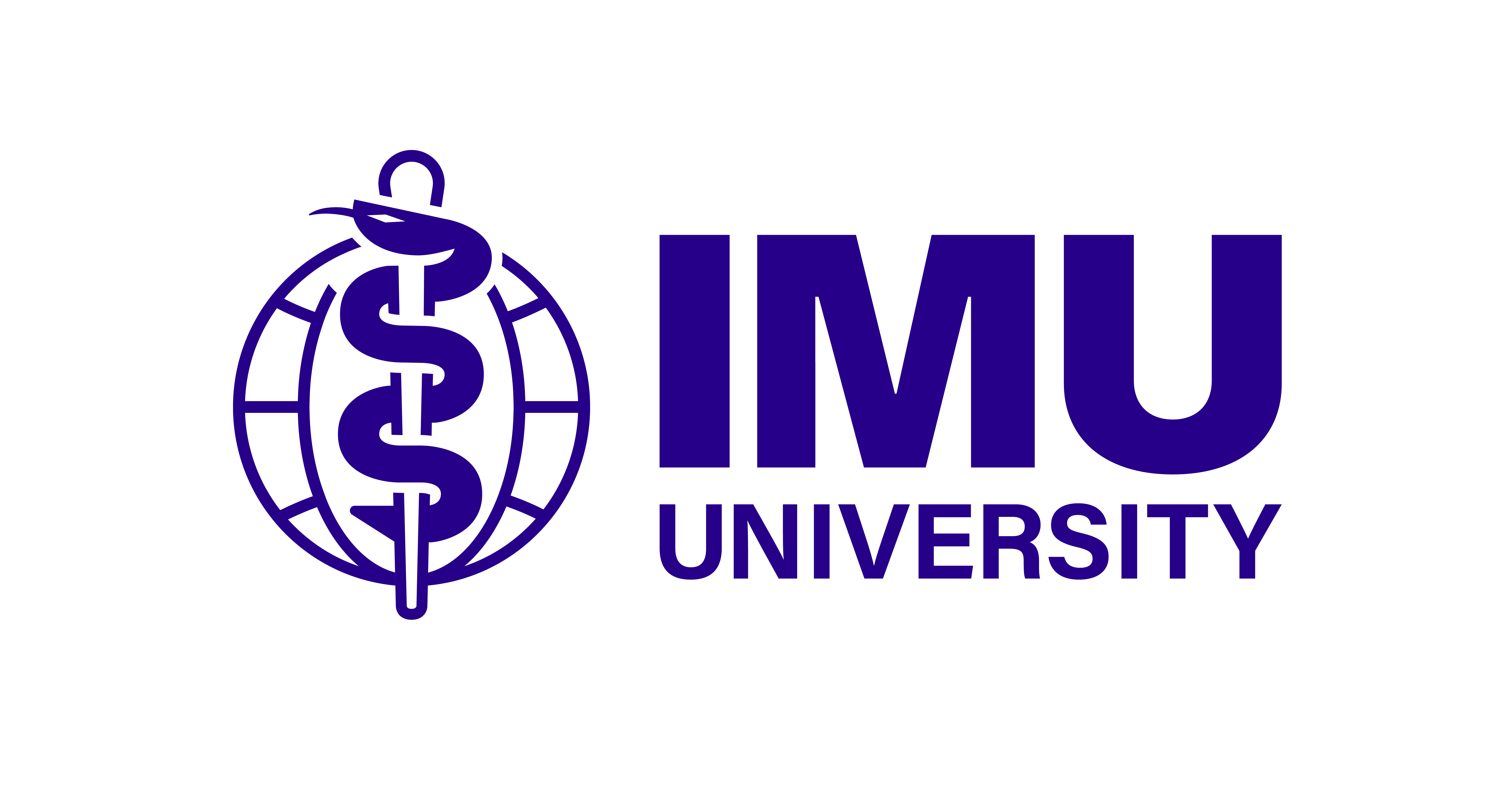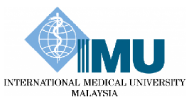Authors: Makmor Tumin, Abdillah Noh, NurulHuda Mohd Satar, Khaled Tafran, Nawi Abdullah, Wan Ahmad Hafiz Wan Md Adnan, Mohamad Yusoff Sanusi.
ABSTRACT
Background: Some argue that Malaysia’s extremely low organ donation rate is attributed to religion, specifically Islam. Testing this argument, this study asked Malaysian Muslims their views regarding various issues on organ donation and examined whether their decisions to donate organs are framed by religious beliefs.
Materials and Methods: This study investigated the perspectives of Malaysian Muslims between October and December 2013 in Kuala Lumpur. Self-administered questionnaires were distributed to 900 people, with 829 responses collected (92% response rate). Respondents’ verbal consent was taken before proceeding with the survey.
Results: The survey found that more than half of respondents felt that organ donation is permitted in Islam and that it is a communal responsibility. However, the same proportions were unsure on the issues of rewards for organs or on whether Islam permits the procuring of organs from brain dead patients.
Conclusions: Malaysian Muslims are not against organ donation; however, encouraging organ donation requires the state to address public concerns on Islam’s views on this sensitive issue through effective policy tools to help address these gaps in Malaysian Muslims’ understanding of organ donation. The organ donation rate could improve by using Islamic scholars as ambassadors for an organ donation drive to convey the message of Malaysia’s urgent need for organ donation.
Keywords: Islam; Malaysia; Muslims; organ donation; organ transplantation; perception on organ donation.
Citation: IeJSME 2016 10(1): 41-46

